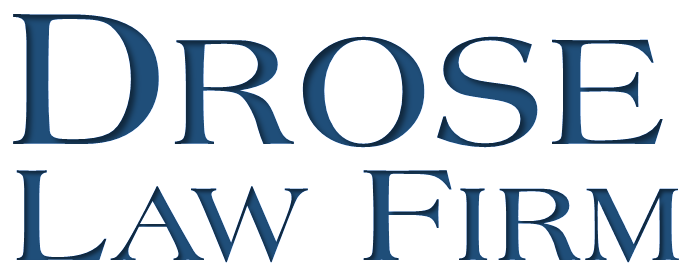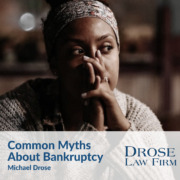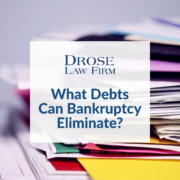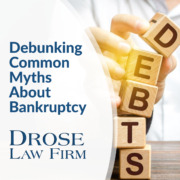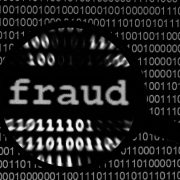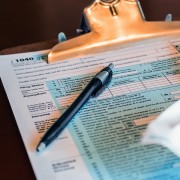Common Myths About Bankruptcy
(part two)
We are continuing our series on debunking common myths about bankruptcy. Our previous article emphasized the importance of disclosing all of your debts to your bankruptcy attorney. We also discussed certain debts that are often not eligible for discharge including child support, alimony, tax debt and liens. Today, we will look at two more myths surrounding bankruptcy.
Eliminates All Debt
Not all debts are necessarily forgiven in a bankruptcy. As we mentioned in our previous article, most tax debt is not forgivable and liens have certain stipulations associated with them. Debt not declared in your bankruptcy, criminal fines, and debt arising out of a DUI injury or death are among the debts not eligible to be eliminated through bankruptcy. Your bankruptcy attorney can explain which of your debts are eligible for discharge.
Student Loans Forgiven
In most cases, bankruptcy does not eliminate the responsibility of paying back student loans. There are some circumstances where you may be granted undue hardship, but this is not common. If you have student loans, be sure to discuss options with your bankruptcy lawyer.
Considering bankruptcy? Charleston residents and those in surrounding areas throughout the Lowcountry have counted on the Drose Law Firm to handle their bankruptcy and creditor/debtor needs for three decades. Our bankruptcy attorney will carefully evaluate your situation and make a recommendation as to the type of bankruptcy that best suits both your immediate needs and long term goals. When it comes to financial matters, not all bankruptcy lawyers are alike. We invite you to experience the Drose Law Firm difference today!
